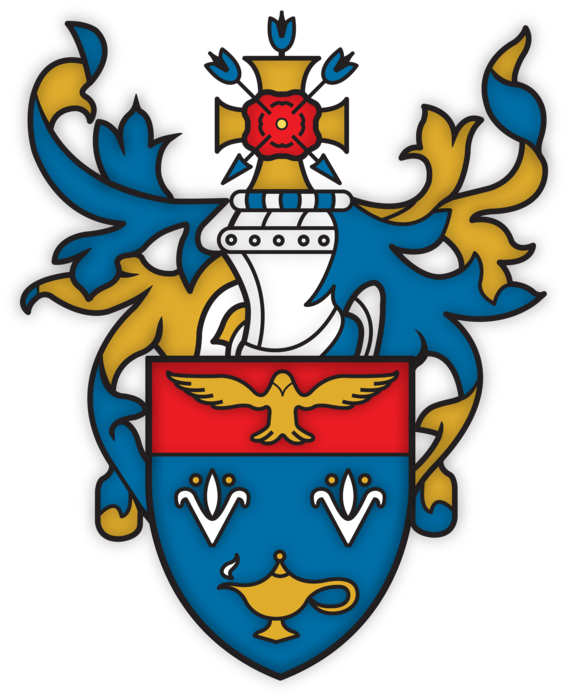Computer Science & ICT
Curriculum Summary
Key Stage 3
Programme of Study
Students study ICT and Computer Science throughout Year 7 and 8. ICT equips students with the essential computer skills that they need for everyday life. Computer Science gives learners a real, in-depth understanding of how computer technology works. It is a subject that will provide excellent preparation for higher study and employment, develop critical thinking, analysis and problem-solving skills.
In Year 7, students have two lessons per fortnight. They start by learning functional ICT skills using the Microsoft Office applications and online services. The benefits them with skills to use across all subjects, supporting their learning. We move on to developing problem-solving skills, teaching the basics of algorithms with the help of the block programming language, Scratch.
In Year 8, students continue to have two lesson per fortnight. They cover a wide range of topics which include graphics design, computational data representation and systems architecture. Excitingly, students already start their education in Python, a fully tooled programming language. This not only teaches them algorithmic skills, but develops their core problem-solving skills.
Learning / Teaching Approach
We believe in practical skills being taught through practice. We try to reduce the theory work and give the students the chance to explore new skills in a structured way while learning the theory alongside developing oracy skills.
When teaching programming, we use the PRIMM methodology to ensure the most productive experience in learning. PRIMM stands for Predict, Run, Investigate, Modify and Make. This ensures students make structured steps towards mastering each sub topic.
Key Stage 4 – GCSE Computer Science
Course Overview
Computer Science gives learners a wide breadth of understanding how computer technology works. It is a subject that will provide excellent preparation for higher study and employment, develop critical thinking, analysis and problem-solving skills.
In particular, this course prepares you to pursue the course at A Level which is a strong path to follow if you intend to take Computer Science at university.
Course Details:
OCR GCSE Computer Science J277
|
Unit |
Topics |
Assessment |
|
J277/01: Computer systems |
Systems architecture Memory and storage Computer networks, connections and protocols Network security Systems software Ethical, legal, cultural and environmental impacts of digital technology |
Written Paper: 1h 30mins
50% of total GCSE 80 marks |
|
J277/02: Computational thinking, algorithms and programming |
Algorithms Programming fundamentals Producing robust programs Boolean logic Programming languages and IDEs |
Written Paper: 1h 30mins
50% of total GCSE 80 marks |
What it leads to
Computing will help prepare students for a variety of careers including: IT manager, software developer (programming), system test technician, technical support engineer, forensic technologist, web application designer and developer.
Key Stage 5 – A Level Computer Science
Course Overview
This A Level is a rigorous course designed to develop students' understanding of computer systems, algorithms, programming, and problem-solving skills. The course consists of three key components as discussed below.
This A Level aims to prepare students for further education and careers in technology by fostering critical thinking, innovation, and independent learning.
Course Details:
OCR A Level Computer Science H446
|
Unit |
Topics |
Assessment |
|
H446/01: Computer systems |
|
Written Paper: 2h 30mins
40% of total A Level 140 marks |
|
H446/02: Algorithms and Programming |
|
Written Paper: 2h 30mins
40% of total A Level 140 marks |
|
H446/03: Programming project |
The learner will choose a computing problem to work through according to the guidance in the specification.
|
Non-exam assessment
20% of total A Level 70 marks |
